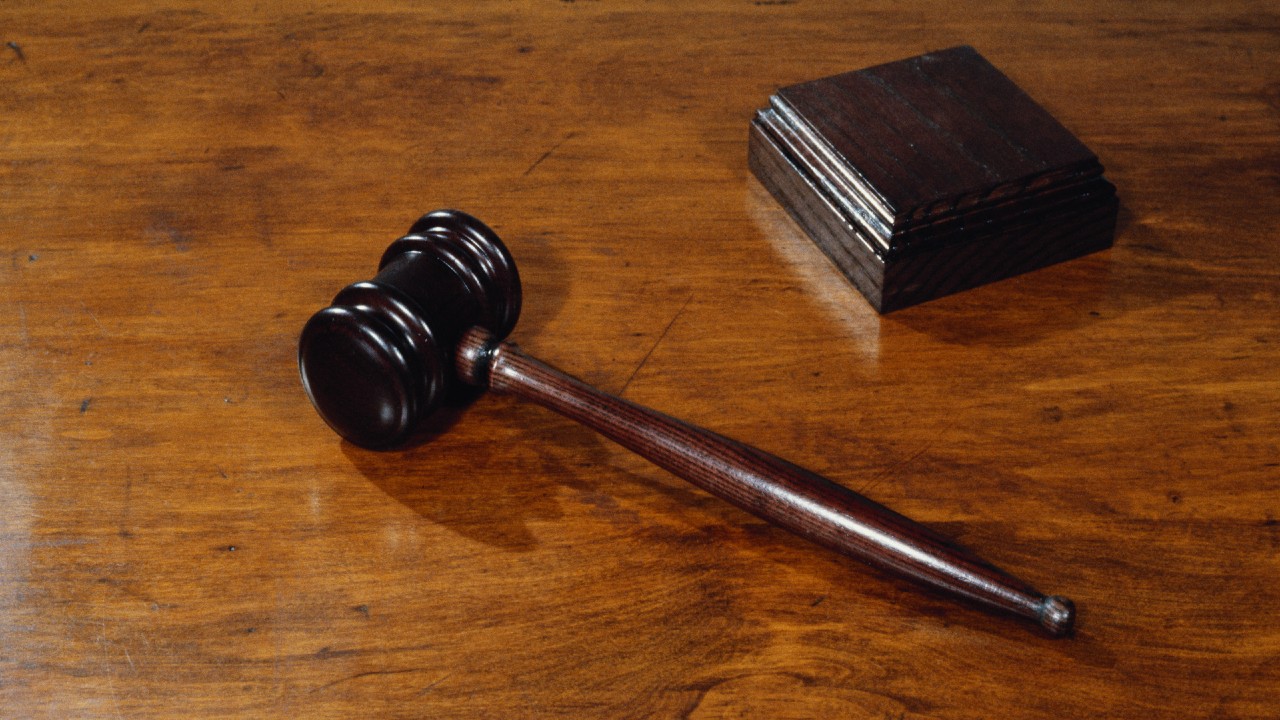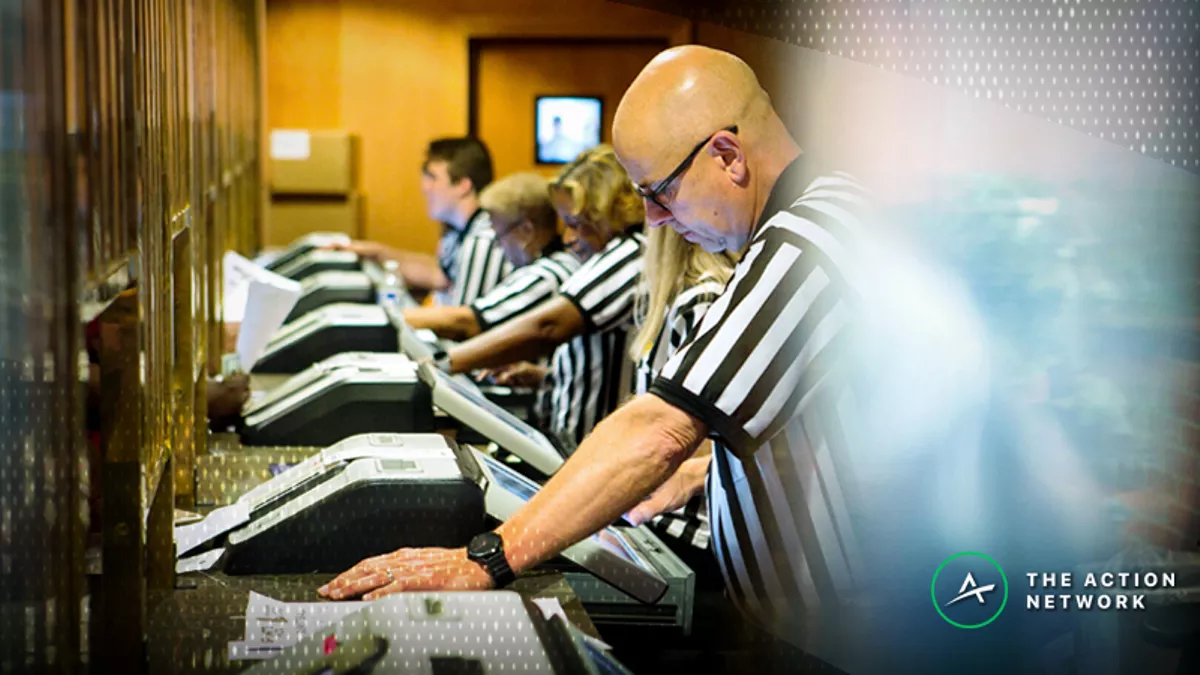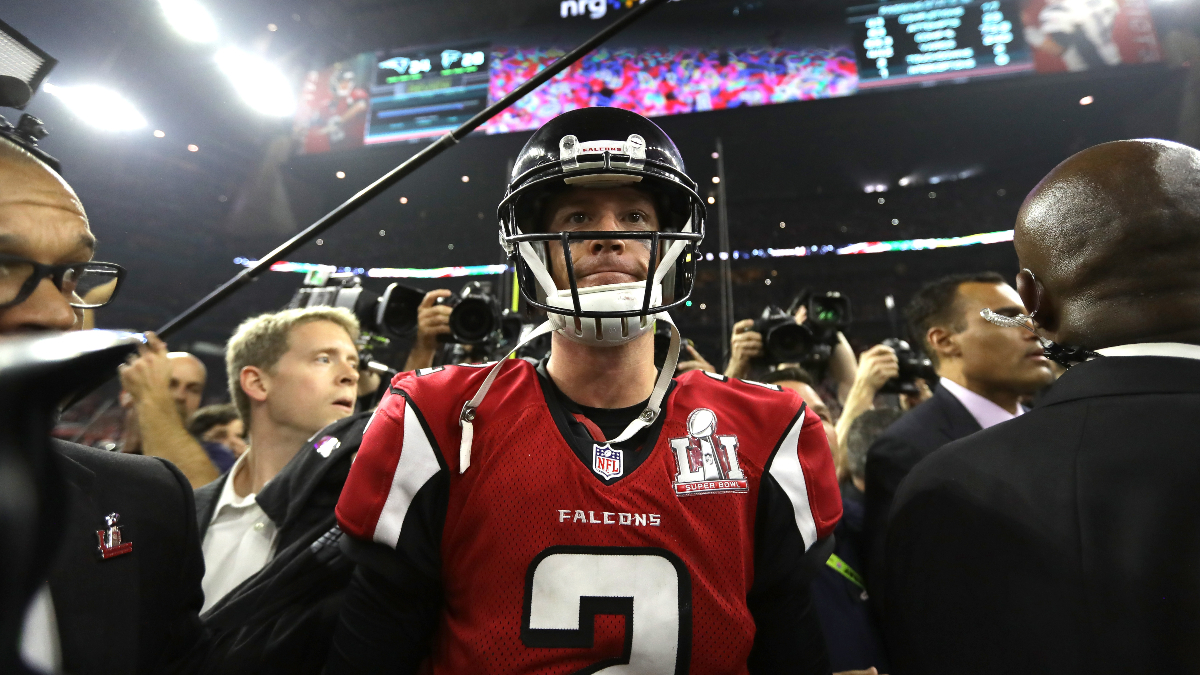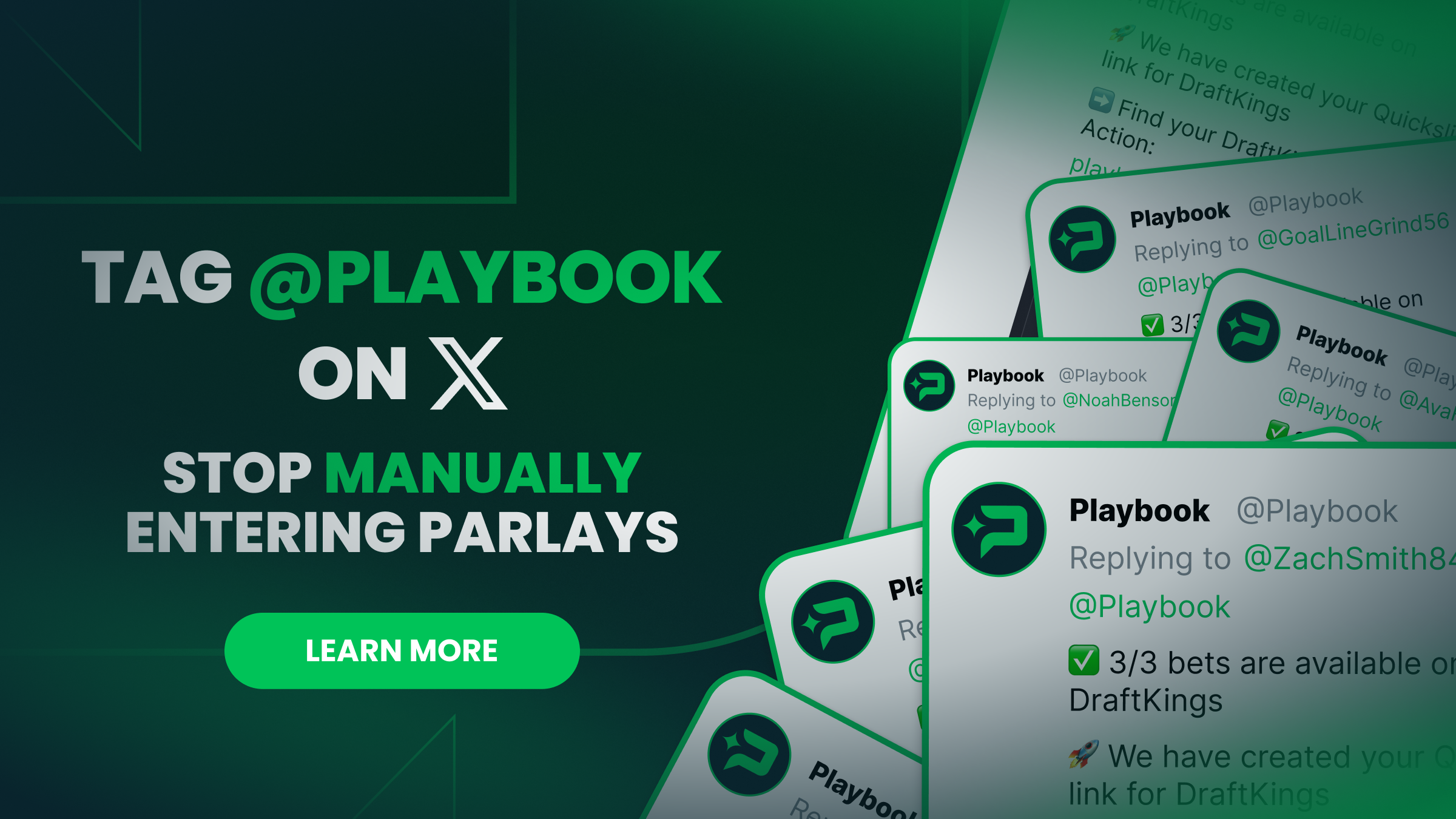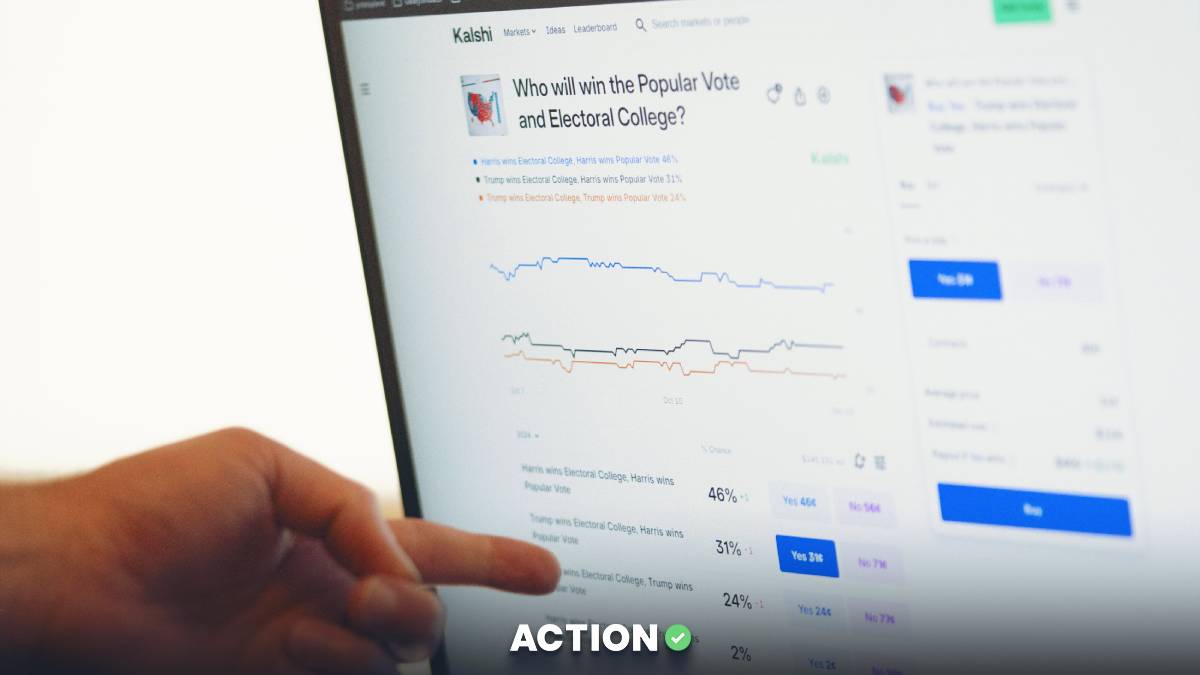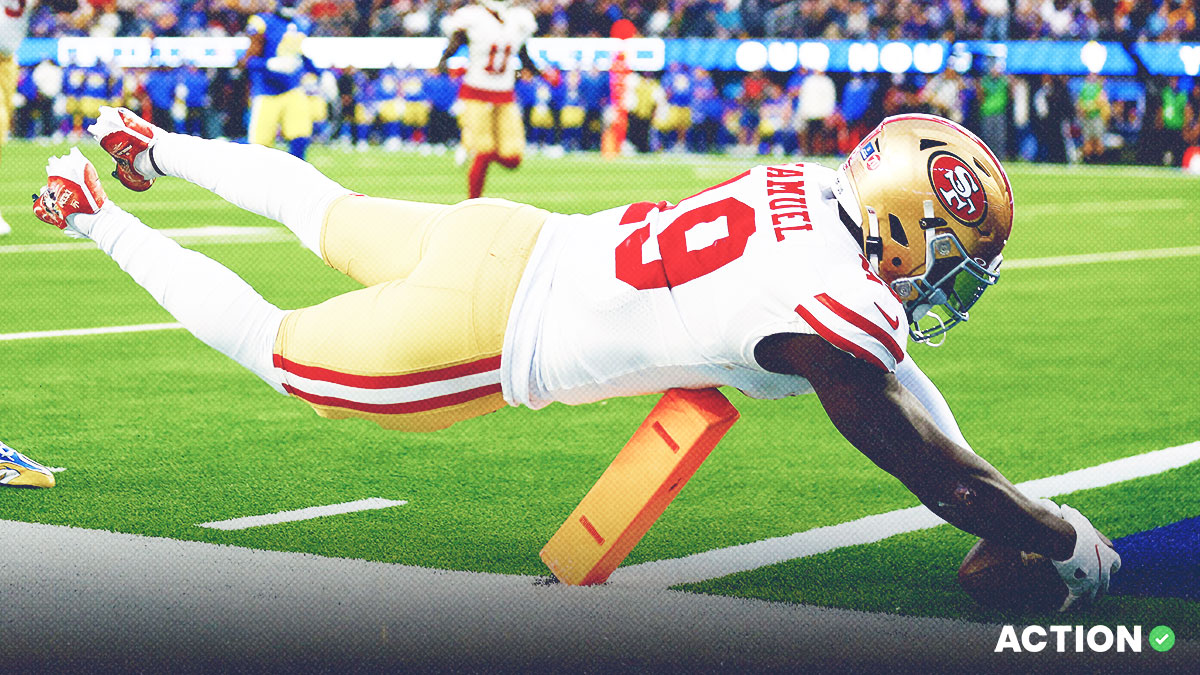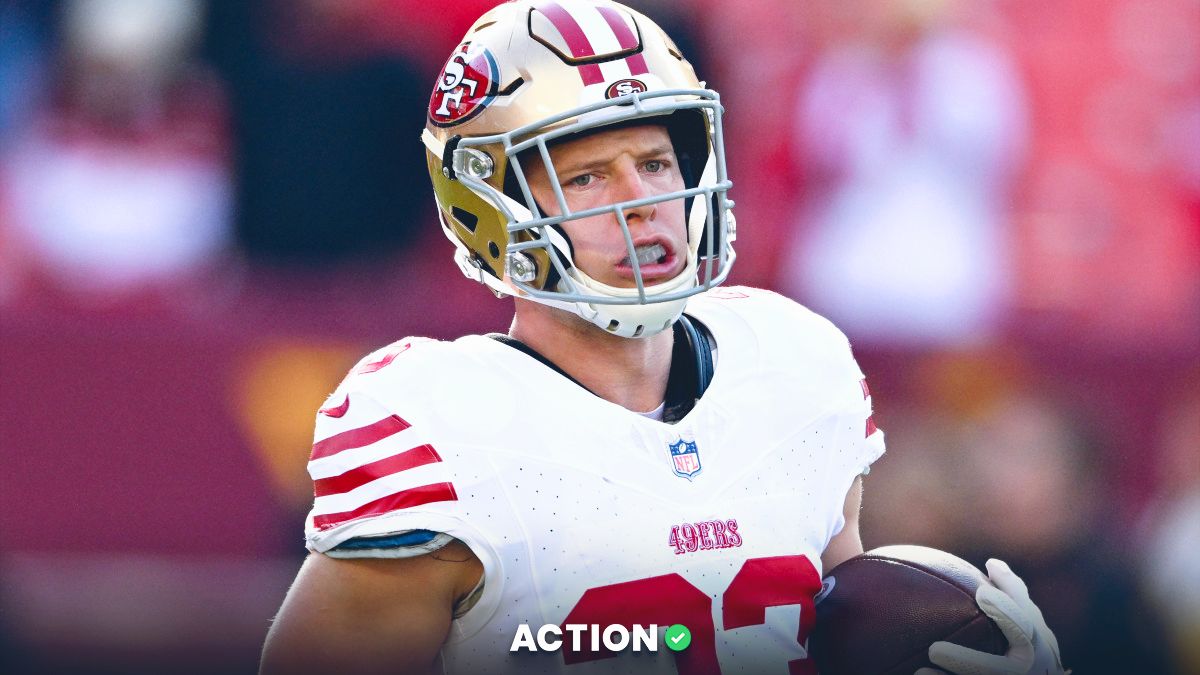Jeremy Levine, the founder of StarStreet and Underdog Fantasy and one of the forefathers of “pick ‘em” styled fantasy contests, beat me to the punch. In a series of tweets, and a recent open letter to his own customers, Levine noted that some of Underdog Fantasy’s competitors have been playing fast and loose with the facts surrounding the legality of his daily fantasy sports operation. He said, “This isn’t a good-faith fight on the legal merits; it’s a convenient mask for pure anti-competitive conduct.” I agree.
I recently started reporting on the history of daily fantasy sports, and I promised a series of articles on this topic. The reason for this series is simple: Reporting on this topic to date has been incomplete and inaccurate, with articles on the legality of daily fantasy sports omitting major legal developments and making assertions that are not supported by the current state of the law.
Those who act like newer fantasy operators such as Underdog Fantasy, PrizePicks, and Sleeper are openly flouting gambling laws are ignoring over 150 years of precedent on this topic – and a particular element of that law that must be emphasized and explained. I am, of course, talking about the “safe harbor” theory.
A “safe harbor” is exactly what it sounds like. According to Black’s Law Dictionary, it is a provision in a law or agreement that will protect from any liability or penalty as long as set conditions have been met. A safe harbor tells the regulated community that if a company can comply with the requirements of the law, it will be “safe” from future allegations that it has violated that law. Modern fantasy sports innovators, like Levine, have done exactly that – complying with the requirements of the law, creating a safe harbor – by designing prediction-style contests with rosters of two or more athletes and relying solely on the accumulated statistics from the real-world performance of those athletes to fit within the parameters.
The federal fantasy sports “safe harbor” is also important for state law purposes. For one, many states have often adopted the “safe harbor” language in developing their own statutory language. In fact, many of the most misguided articles on this topic start their analysis with mention of the passage of the fantasy sports “safe harbor” that was codified by Congress in a 2006 federal law as a provision of the Unlawful Internet Gambling Enforcement Act (“UIGEA”).
What has been missed by many is that the legal analysis of modern fantasy sports does not start in 2006 with UIGEA; it largely ends there, because of the “safe harbor” provision. By codifying a safe harbor for fantasy sports, Congress acknowledged that it was reinforcing over 150 years of jurisprudence that firmly established that certain “games of skill” cannot be prosecuted (or regulated for that matter) as forms of gambling in this country.
Consider the case of John Gupton. In 1848, Mr. Gupton was prosecuted in Nash County, North Carolina for the “vicious practice” of playing the “game of Ten Pins” for money. The judge noted that a law had been enacted in 1835 that punished individuals who “played games of chance,” but that the concept of “games of chance” was “not one long known in the law” and therefore did not have “a settled signification.”
The judge concluded that there must be another category of games, known as “games of skill,” in “which nothing is left to chance” that therefore could not be crimes, and he noted that there was no dispute that other games of skill, such as “chess, draughts or chequers, billiards, fives, bowles, and quoits,” even when played for money, were perfectly legal.
But here is the part of that opinion that would form the foundation of the next 150 plus years of the law in the United States. The judge concluded that the characteristics of a game of skill were evident when “superior knowledge and attention, or superior strength, agility, and practice, gain the victory.” That standard prevails to this day, and it should not matter if you are playing chess, ten pins, quoits, or picking rosters of two or more athletes based on their accumulated statistics in real world sporting events.
What is also missing from the judge’s list? The role of the “house.” Fantasy sports contestants can match their wits against Levine, a computer or other players, and it does not magically transform the legal standard that applies to those contests. In every instance, regardless of who (or what) the opponent is, the now well-established fact is that you can only win prizes with many daily fantasy sports operators if you have “superior knowledge and attention.”
In fact, a 1932 Harvard Law Review article titled “Contests and the Lottery Laws” specifically noted that games of skill could be played so long as the “the standard of skill must be known to the participants, and this standard must govern the result. The language used in promoting the scheme must sufficiently inform the participants of the criteria to be used in determining the results of the winners. The winners must be determined objectively.” Those widely accepted standards for skill-based games sound a lot like what Congress did with its UIGEA fantasy sports “safe harbor” language.
Operators must abide by the clearly delineated terms that qualify them for such protection in order for the “safe harbor” to apply.
Thus, it is entirely wrong to say that modern daily fantasy sports are not supported by the law. It is not true to say that games cannot be skillful if played against a “house.” And it is especially not true to say that picking rosters of two or more athletes based on their accumulated statistics in real world sporting events is unlawful. Levine and those providing similar fantasy sports offerings have a strong basis for their positioning.
Disclaimer: Darren Heitner is the Founder of Heitner Legal, P.L.L.C., an adjunct professor of Sports Law at the University of Florida Levin College of Law, and an expert and consultant in both the sports gaming and fantasy sports fields. Mr. Heitner also served as counsel of Monkey Knife Fight. This thought leadership piece is not intended to be deemed legal advice, is strictly the opinion of the author, and should not be relied upon by anyone as a legal opinion for the legality of their game play.


